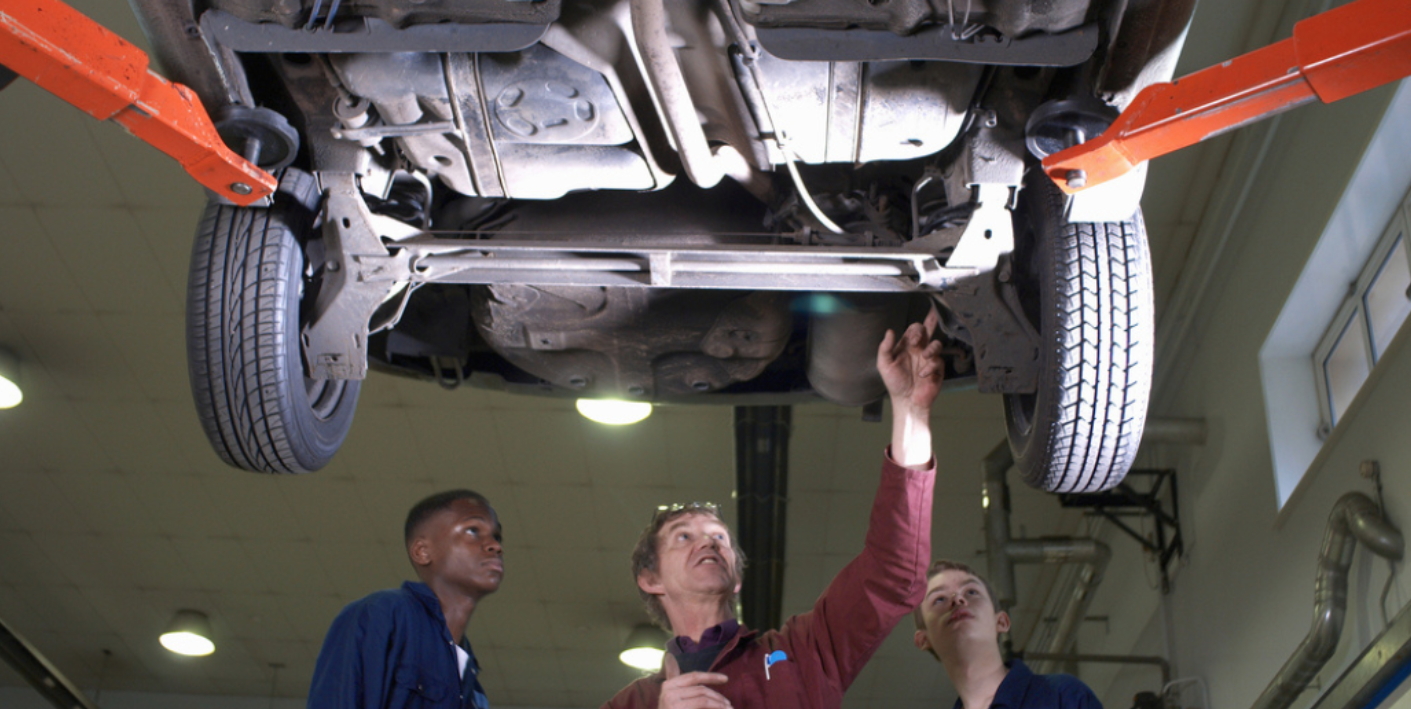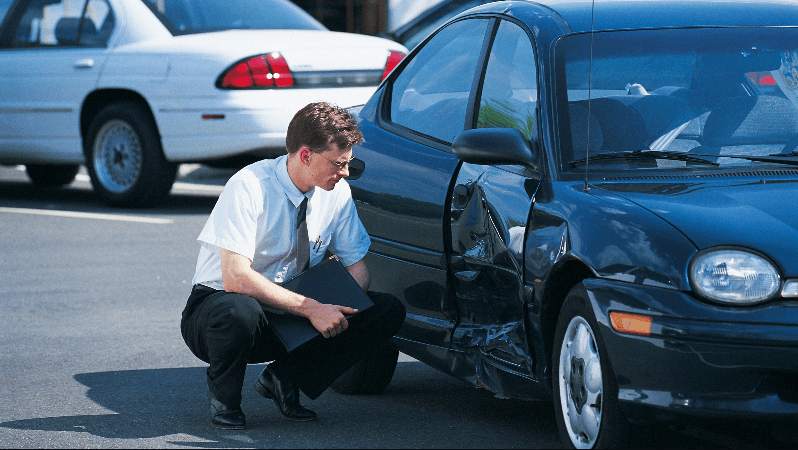When you’re dealing with the aftermath of a car accident, figuring out the fair market value of your vehicle can be a real headache.
With so many variables in play, it’s easy to get overwhelmed. But understanding how to determine your car’s true worth is crucial if you want to receive fair compensation from your insurance company or the at-fault driver’s insurer.
This guide will walk you through everything you need to know about determining your car’s value after an accident, from little-known factors that most websites don’t mention to specific tips on dealing with insurance companies.
We’ll also touch on when it’s a good idea to get a lawyer involved to help secure the best possible outcome for your claim.
DOWNLOAD: “How to Determine Your Car’s Value After an Accident”.PDF
What Is Fair Market Value?
Before diving into the details, let’s clarify what we mean by “fair market value.” Simply put, fair market value is the price your car would sell for in its current condition, with both buyer and seller fully aware of all the details.
This value represents what your vehicle is truly worth at that moment, taking into account its age, condition, and other factors.
Insurance companies use this fair market value to decide how much money you should get if your car is damaged or declared a total loss. But don’t expect them to simply hand you a check for what you think your car’s worth!
Factors That Influence the Value of Your Car After an Accident
Most people know that factors like the car’s make, model, year, and mileage affect its value. But there are several lesser-known factors that can also influence how much your car is worth after an accident:
1. Pre-Accident Upgrades or Modifications
Did you add a killer sound system or upgrade your car’s wheels before the crash? Enhancements like these can increase your vehicle’s value. Make sure to provide evidence of these modifications to your insurance adjuster so they’re factored into your settlement.
2. Past Damage and Repair Quality
Previous accidents and the quality of repairs performed can significantly impact your car’s value. If your vehicle has been involved in accidents before, even if it was repaired well, this history can lower its overall worth. Be transparent with your insurance company about past damage but also challenge low offers by emphasizing high-quality repair work.
3. Location, Location, Location
Believe it or not, where you live plays a role in your car’s value. Market demand in your area can influence the price. For example, the value of a car in a big city like New York might be different from its value in a rural area. So, don’t overlook this factor when discussing valuations with your insurer.
4. Extent of Damage from the Current Accident
Insurance companies use “damage multipliers” to adjust your car’s value based on the severity of the damage. Even minor damage can result in a significant drop in value, so knowing how much damage is considered “structural” versus “cosmetic” can be useful when negotiating your claim.
Steps to Determine Your Car’s Fair Market Value
To get a precise valuation, follow these steps:
1. Use Online Valuation Guides
Start with well-known car pricing tools like Kelley Blue Book, Edmunds, or the National Automobile Dealers Association (NADA). Enter your car’s details—make, model, year, mileage, and condition—to get a baseline value.
2. Document All Damage
Take clear, high-quality photos of the damage to your car. Include interior and exterior shots, even if the damage seems minor. This documentation will help you back up your claim if the insurance company tries to lowball you.
3. Get Multiple Repair Estimates
Visit several reputable mechanics or auto repair shops to get written estimates for the cost of repairs. Having multiple quotes will give you leverage when negotiating with the insurance company, especially if they try to undercut you on repair costs.
4. Check Comparable Sales
Research similar vehicles for sale in your area to see how much they’re selling for. Websites like AutoTrader or Craigslist can be useful for this. The goal is to find cars that closely match yours in terms of make, model, mileage, and condition.
5. Calculate Diminished Value
Understand that even after repairs, your car may have lost value simply because it was in an accident. Insurance companies typically use a 10% base loss of value cap, but you can challenge this number if you have solid evidence that the loss is greater.
How Insurance Companies Calculate Car Value

Insurance companies often use a specific formula to determine your car’s actual cash value (ACV) after an accident. Here’s a simplified breakdown of how they typically do it:
- Calculate the Pre-Accident Value: The insurer starts with the baseline value using tools like Kelley Blue Book.
- Apply Damage Multipliers: They adjust the value based on the severity of the damage.
- Factor in Mileage: High mileage can drastically reduce the value.
- Subtract Deductibles and Fees: Finally, they deduct any fees or amounts you owe, like deductibles or remaining loan payments.
When to Involve a Lawyer
Sometimes, it’s necessary to call in the pros—especially if you feel like the insurance company is giving you the runaround. Here are some scenarios where you might want to consult a lawyer:
- Dispute Over Car Value: If the insurance company’s offer is much lower than your calculated value.
- Complicated Accident Case: In situations involving multiple drivers or a comparative negligence system.
- Diminished Value Claims: When you’re filing a claim for the decreased value of your car due to the accident. For a free loss in value quote, you can visit Diminished Value Carolina and see how much your car’s worth has truly dropped.
Lawyers can not only negotiate a higher payout for you but also handle all the paperwork and legal jargon that goes along with these cases.
Pro Tips for Negotiating with Your Insurance Company
- Don’t Accept the First Offer: Insurance companies expect you to negotiate, so never settle for the initial offer.
- Use Evidence to Your Advantage: The more documentation you have—photos, repair estimates, comparable car listings—the stronger your case.
- Know Your Rights: Familiarize yourself with state laws regarding car valuations and insurance payouts. For instance, New York follows a comparative negligence rule, which could impact your settlement.
Final Thoughts
Determining your car’s fair market value after an accident is no small task, but it’s essential for getting the compensation you deserve.
By understanding the factors that affect your car’s worth, using reliable tools, and documenting everything thoroughly, you can negotiate with confidence. And if things get tricky, don’t hesitate to get a lawyer involved—they’re experts in fighting for the highest possible compensation.
After reading this guide, do you feel more confident in handling your car’s valuation after an accident?





